Turmeric Powder
Turmeric is a product of Curcuma longa, a rhizomatous herbaceous perennial plant belonging to the ginger family Zingiberaceae, which is native to tropical South Asia. Turmeric, sometimes called Indian saffron or the golden spice. The turmeric on shelves and in spice cabinets is made of the ground roots of the plant. The bright yellow color of processed turmeric has inspired many cultures to use it as a dye. Ground turmeric is also a major ingredient in curry powder. Capsules, teas (TBC), powders, and extracts are some of the turmeric products available commercially.
Curcumin is the active ingredient in turmeric, and it has powerful biological properties. Ayurvedic medicine, a traditional Indian system of treatment, recommends turmeric for a variety of health conditions. These include chronic pain and inflammation. Western medicine ha
- Turmeric contains bioactive compounds with medicinal properties
- However, the curcumin content of turmeric isn’t that high. It’s around 3%-5%, by weight. Most of the studies on this herb use turmeric extracts that contain mostly curcumin itself, with dosages usually exceeding 1 gram per day.
- However, curcumin is poorly absorbed into your bloodstream. In order to experience the full effects of curcumin, its bioavailability (the rate at which your body absorbs a substance) needs to improve It helps to consume it with black pepper, which contains piperine. Piperine is a natural substance that enhances the absorption of curcumin by 2,000%.In fact, the best curcumin supplements contain piperine, and this makes them substantially more effective.Curcumin is also fat soluble, which means it breaks down and dissolves in fat or oil. That’s why it may be a good idea to take curcumin supplements with a meal that’s high in fat.
Curcumin is a natural anti-inflammatory compound.

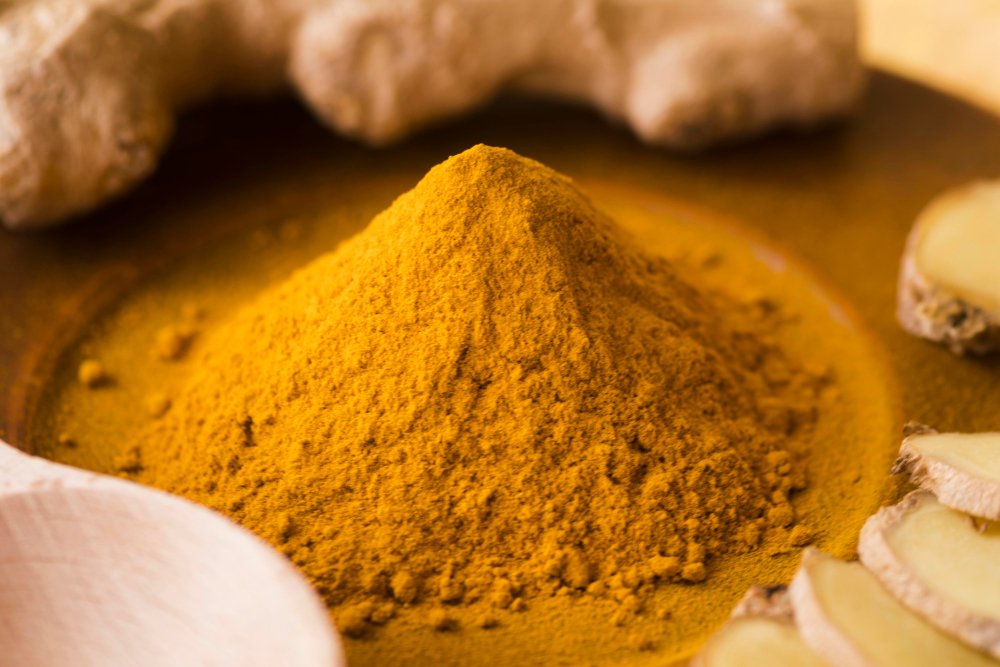
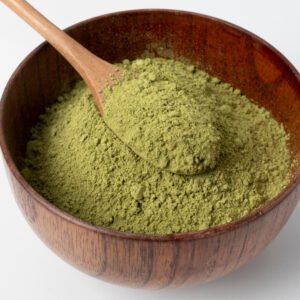
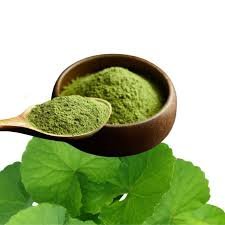
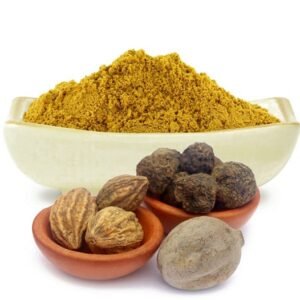
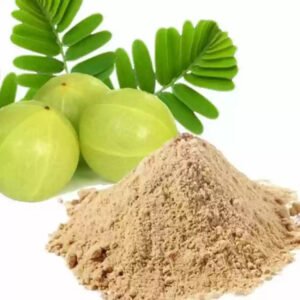
Reviews
There are no reviews yet.